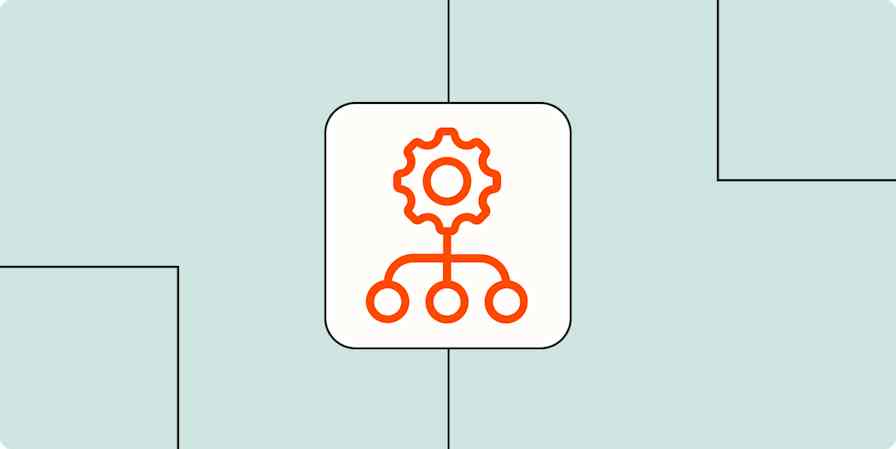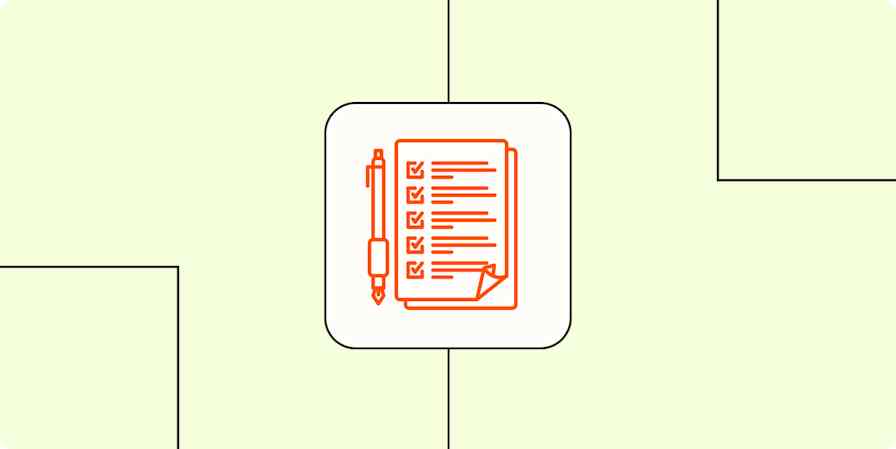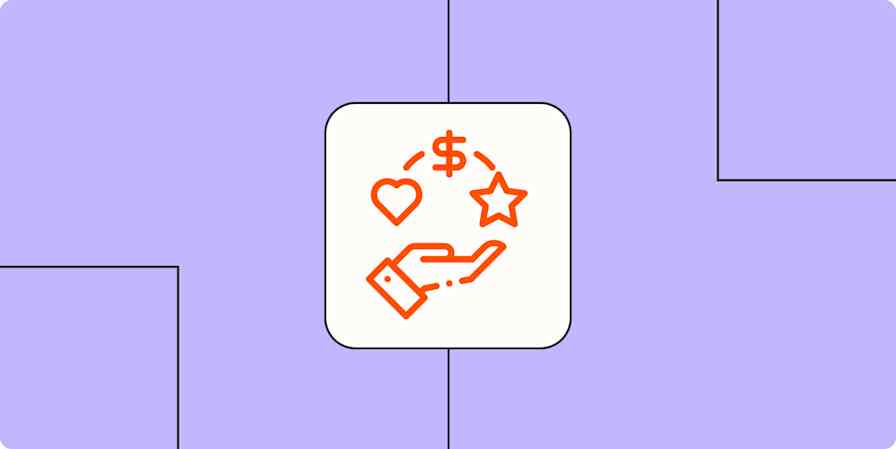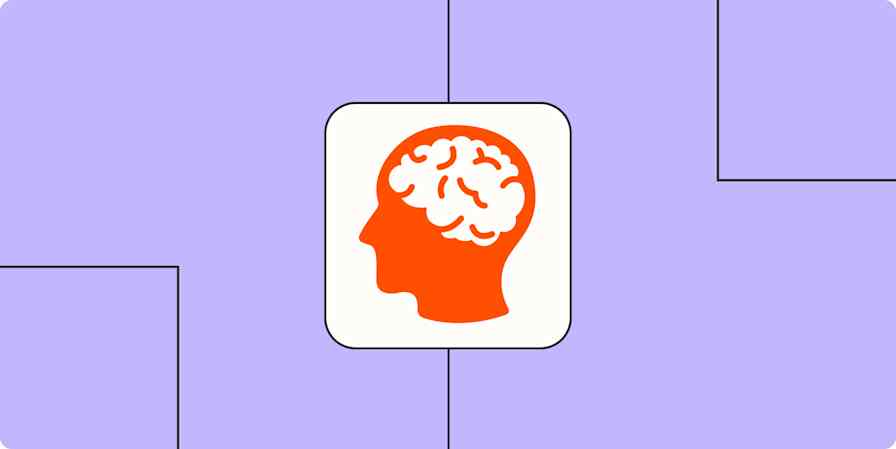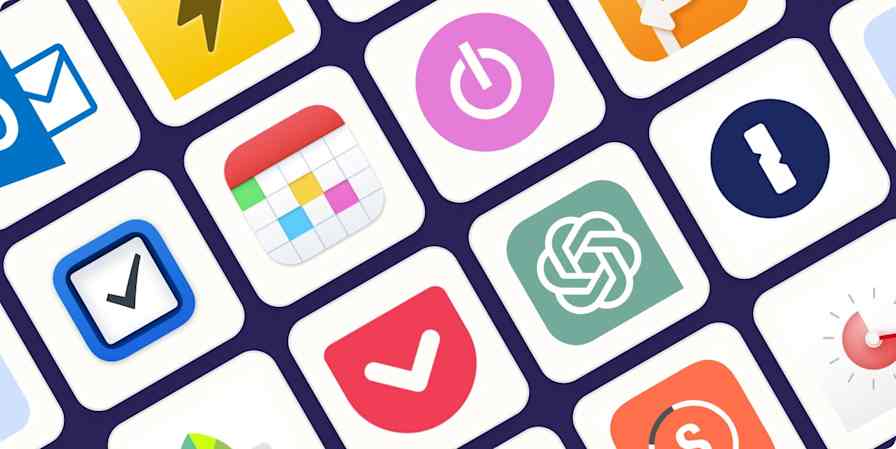Productivity tips
5 min readHow to stay productive during a crisis
By Colin Monaghan · April 24, 2020

Get productivity tips delivered straight to your inbox
We’ll email you 1-3 times per week—and never share your information.
Related articles
Improve your productivity automatically. Use Zapier to get your apps working together.

